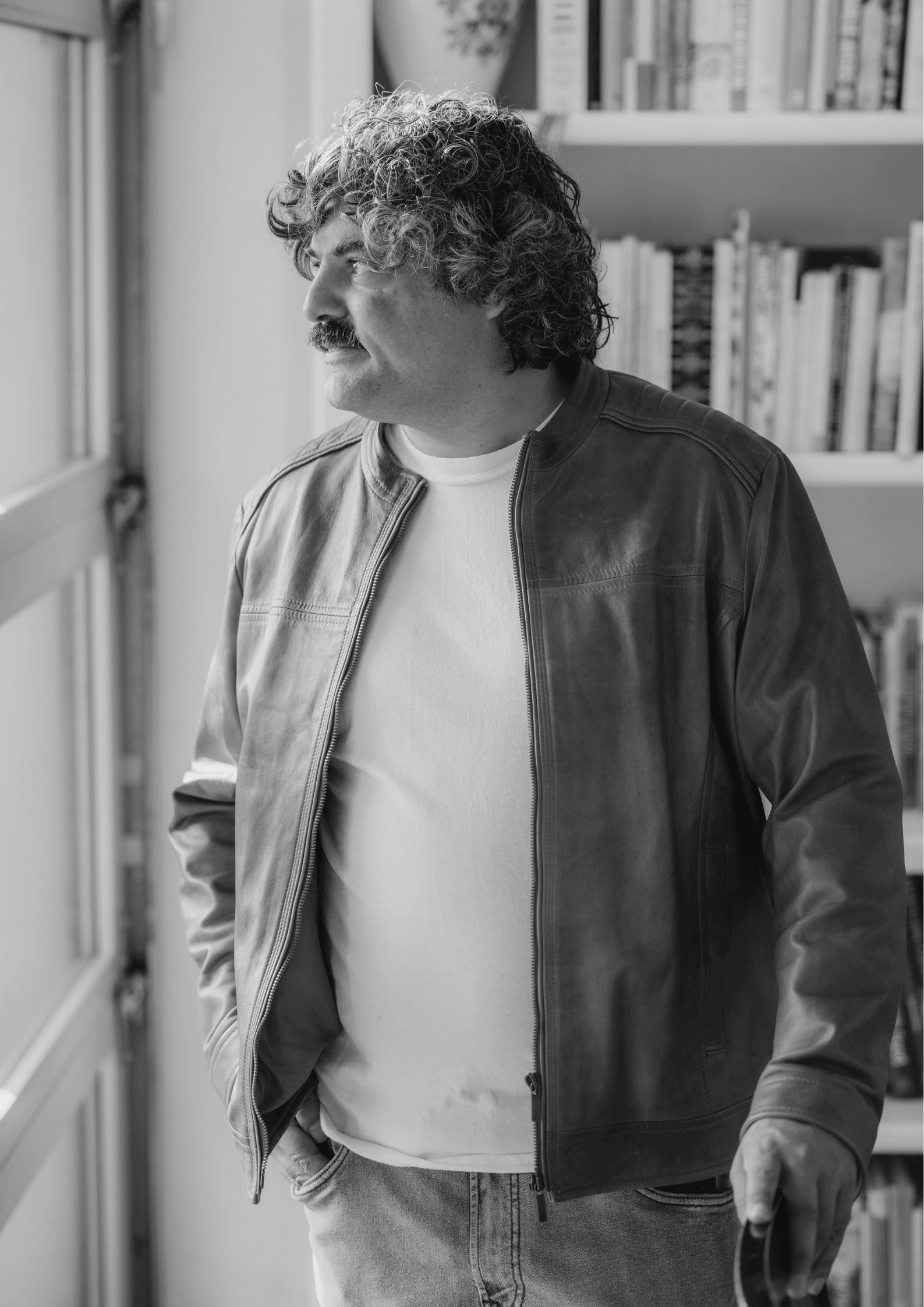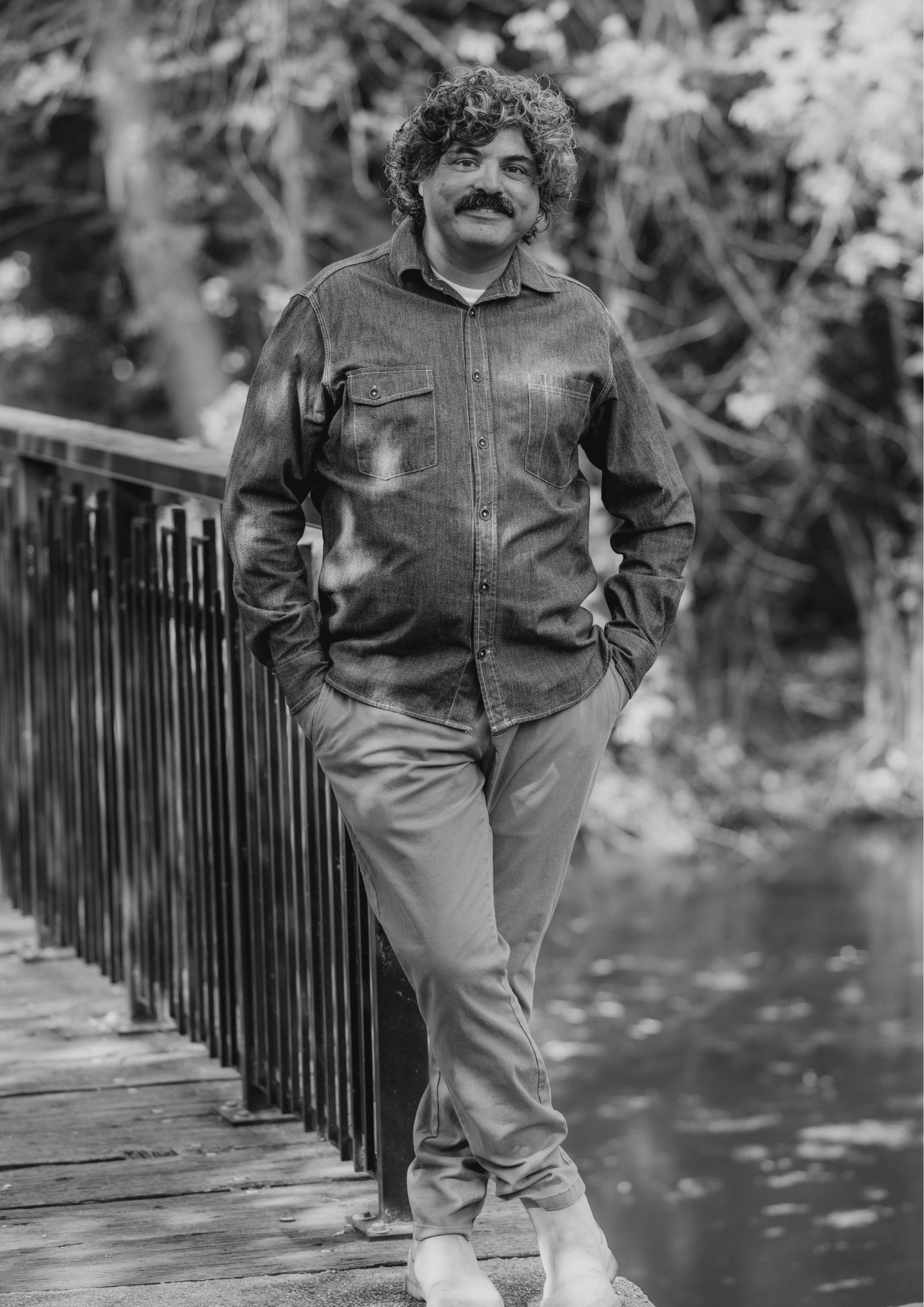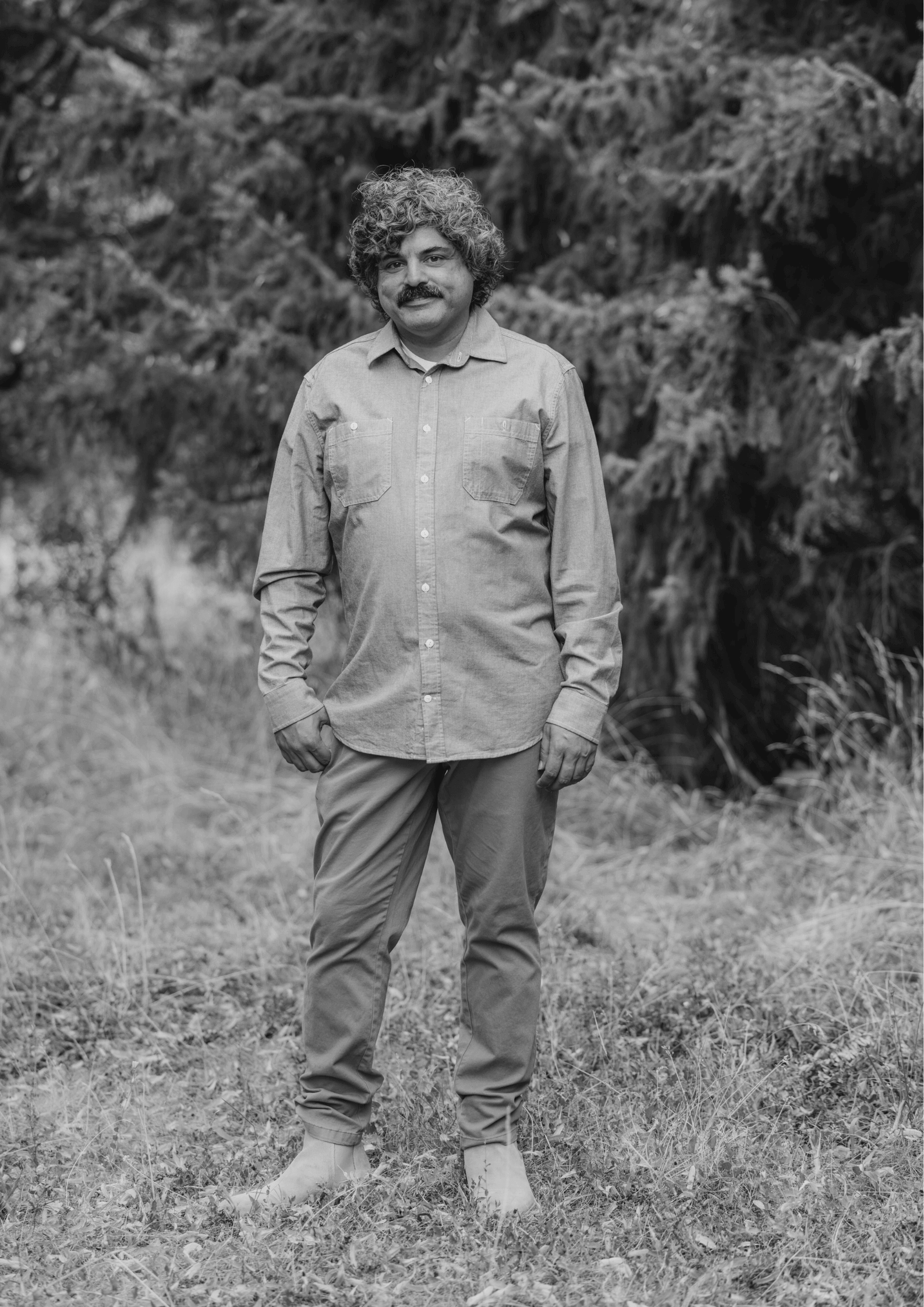MY background
Hello, my name is Drew Lobner LMSW!
I am a therapist who helps people get life back, find freedom and their purpose. Here are some professional facts about me: I earned a Bachelor of Arts in Humanities from Lubbock Christian University and a Master’s degree in Social Work from Northwest Nazarene University. I have additional training in Narrative Focused Trauma Care through The Allender Center at the Seattle School of Theology and Psychology.
As a Licensed Professional Counselor and Social Worker, I specialize in men’s issues, marriage counseling, and sexual trauma. Though in my years of professional experience, I’ve walked with many people through a broad range of very important personal and relational struggles.
I have worked in the treatment of depression, addiction, men’s issues, trauma, and couples counseling for over a decade. I aim to help those dealing with addiction, trauma, grief & loss as well as those who are just seeking a higher meaning and a more powerful sense of purpose in their life.
My goal for our counseling sessions is to be a catalyst to the life you’ve always wanted for yourself. So, come find healing, restoration, purpose, meaningful relationships, life and freedom—it’s all available to you.




MY approach
Your heart represents the real you. It’s the place you dream and desire, love and hurt. I want to help you heal and live from your deepest, truest heart. A set of steps or behavior modifications alone can’t change a person. Self-help advice doesn’t do it either. If we don’t engage your heart, you won’t change. But if we do, you can transform your experience of life and your view of yourself. I believe we are all deeply shaped by the desires we have, the relationships we hold, and the experiences we endure, whether good or bad or both. To explain my approach, I must share about the clinicians I admire, whose methodologies and philosophies I incorporate both in therapy and in my own life.
Dan Allender’s narrative therapy states each of us was designed for living in perfect relationship—a state of shalom—with ourselves and each other. But now, shalom has been shattered and we are living in a world marred by brokenness, disconnection, and trauma. By trying to protect ourselves in the midst of harm and cut us off from future harm, we create a false “Eden” in which our hearts are hardened to both the reality of our trauma and the hope of our restoration. The defensive structures we turn to, often marked by vows, dissociation, addiction, and sabotage, further bind us to our trauma and separate us from the true goodness and delight of living in relationship with ourselves and others. Only when we recognize that shalom has been shattered, and that our attempts to recreate it have left us even more broken and disconnected, can we move authentically toward the restoration of shalom and the promise of deep, lasting healing. Core to The Allender Theory is the belief that the journey of healing involves moving from a place of cursing (contempt, shame, ambivalence) to one of blessing (compassion, goodness, delight). This occurs through telling our stories with truth and integrity as we grieve our wounds and offer blessing to the parts of us still bound to the cursed story. As we share our story with trusted others who are able to name both our deep woundedness and our deep goodness, we grow a deeper capacity to know and live into our calling and engage in life-giving relationships with others.
Victor Frankel’s logotherapy which states that human beings need a sense of meaning in order to live healthy productive lives. My goal in therapy is to help you find the potential for meaning in all situations no matter how painful and without judgment. Frankel states that meaning can be found in three areas: (1) another person, (2) a vocation, and (3) suffering. We get to utilize Frankel’s ideas while examining your history, exploring your future and accepting the present.
Carl Jung and his depth psychology is the third pillar of my approach with a heavy emphasis on shadow work. Shadow work aims to make the unconscious conscious. The shadow exists as part of the unconscious mind and is composed of repressed ideas, weaknesses, desires, instincts, and shortcomings. 95 percent of brain activity is unconscious, which means that 95% of your habits and patterns, automatic body function, creativity, emotions, personality, beliefs and values, cognitive biases, and long-term memories are running on autopilot. I believe it’s our job to become aware of these programmed behaviors in order to see which ones serve us and which ones need to be eliminated/are not healthy for us.
To sum it up, I believe in a real and authentic therapeutic relationship. One built on trust, meaning, honesty and fearless inner self-examination.
Your heart represents the real you. It’s the place you dream and desire, love and hurt. I want to help you heal and live from your deepest, truest heart. A set of steps or behavior modifications alone can’t change a person. Self-help advice doesn’t do it either. If we don’t engage your heart, you won’t change. But if we do, you can transform your experience of life and your view of yourself. I believe we are all deeply shaped by the desires we have, the relationships we hold, and the experiences we endure, whether good or bad or both. To explain my approach, I must share about the clinicians I admire, whose methodologies and philosophies I incorporate both in therapy and in my own life.
Dan Allender’s narrative therapy states each of us was designed for living in perfect relationship—a state of shalom—with ourselves and each other. But now, shalom has been shattered and we are living in a world marred by brokenness, disconnection, and trauma. By trying to protect ourselves in the midst of harm and cut us off from future harm, we create a false “Eden” in which our hearts are hardened to both the reality of our trauma and the hope of our restoration. The defensive structures we turn to, often marked by vows, dissociation, addiction, and sabotage, further bind us to our trauma and separate us from the true goodness and delight of living in relationship with ourselves and others. Only when we recognize that shalom has been shattered, and that our attempts to recreate it have left us even more broken and disconnected, can we move authentically toward the restoration of shalom and the promise of deep, lasting healing. Core to The Allender Theory is the belief that the journey of healing involves moving from a place of cursing (contempt, shame, ambivalence) to one of blessing (compassion, goodness, delight). This occurs through telling our stories with truth and integrity as we grieve our wounds and offer blessing to the parts of us still bound to the cursed story. As we share our story with trusted others who are able to name both our deep woundedness and our deep goodness, we grow a deeper capacity to know and live into our calling and engage in life-giving relationships with others.
Victor Frankel’s logotherapy which states that human beings need a sense of meaning in order to live healthy productive lives. My goal in therapy is to help you find the potential for meaning in all situations no matter how painful and without judgment. Frankel states that meaning can be found in three areas: (1) another person, (2) a vocation, and (3) suffering. We get to utilize Frankel’s ideas while examining your history, exploring your future and accepting the present.
Carl Jung and his depth psychology is the third pillar of my approach with a heavy emphasis on shadow work. Shadow work aims to make the unconscious conscious. The shadow exists as part of the unconscious mind and is composed of repressed ideas, weaknesses, desires, instincts, and shortcomings. 95 percent of brain activity is unconscious, which means that 95% of your habits and patterns, automatic body function, creativity, emotions, personality, beliefs and values, cognitive biases, and long-term memories are running on autopilot. I believe it’s our job to become aware of these programmed behaviors in order to see which ones serve us and which ones need to be eliminated/are not healthy for us.
To sum it up, I believe in a real and authentic therapeutic relationship. One built on trust, meaning, honesty and fearless inner self-examination.

Copyrights 2024 | Catalyst for Change™